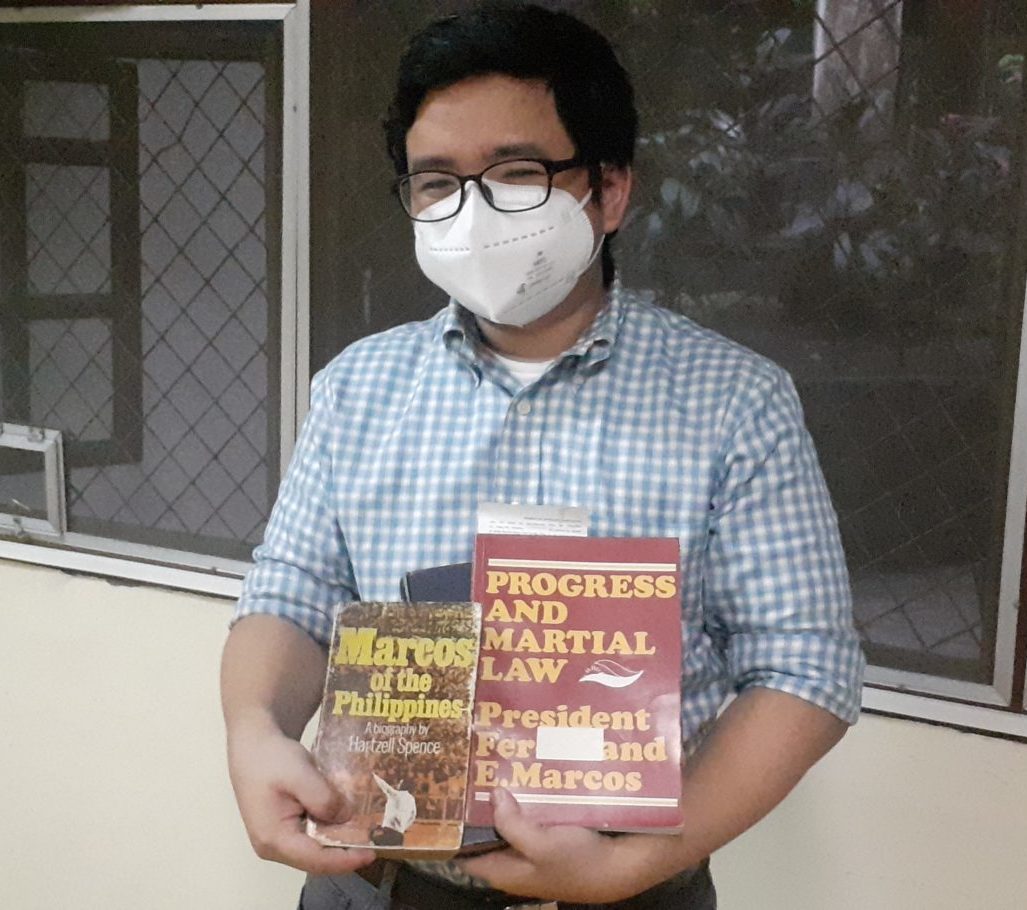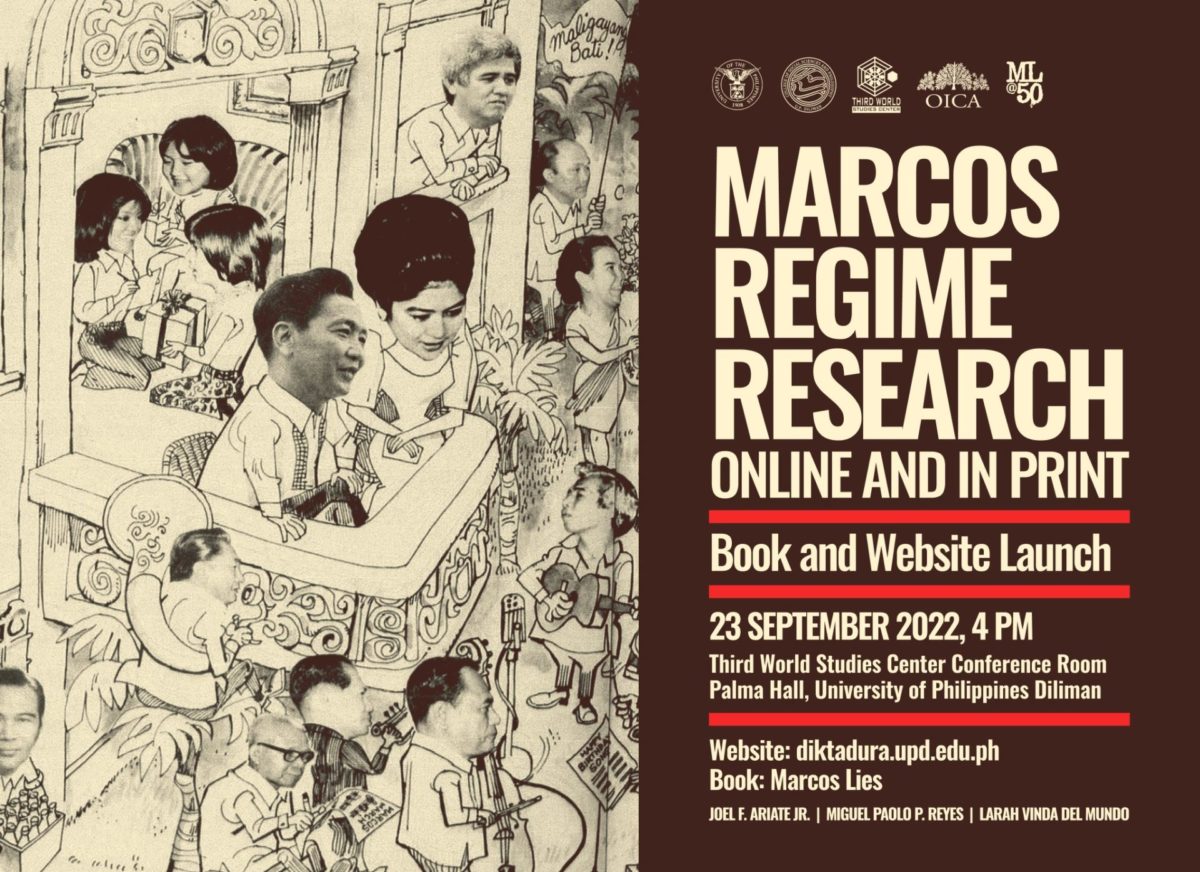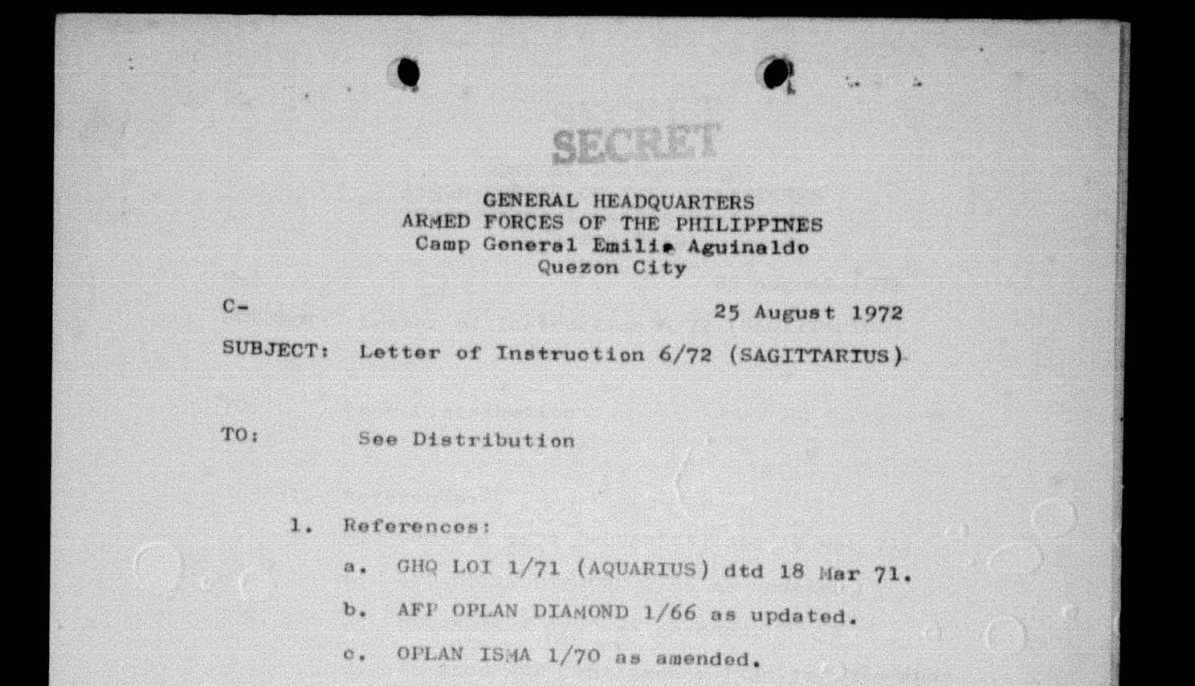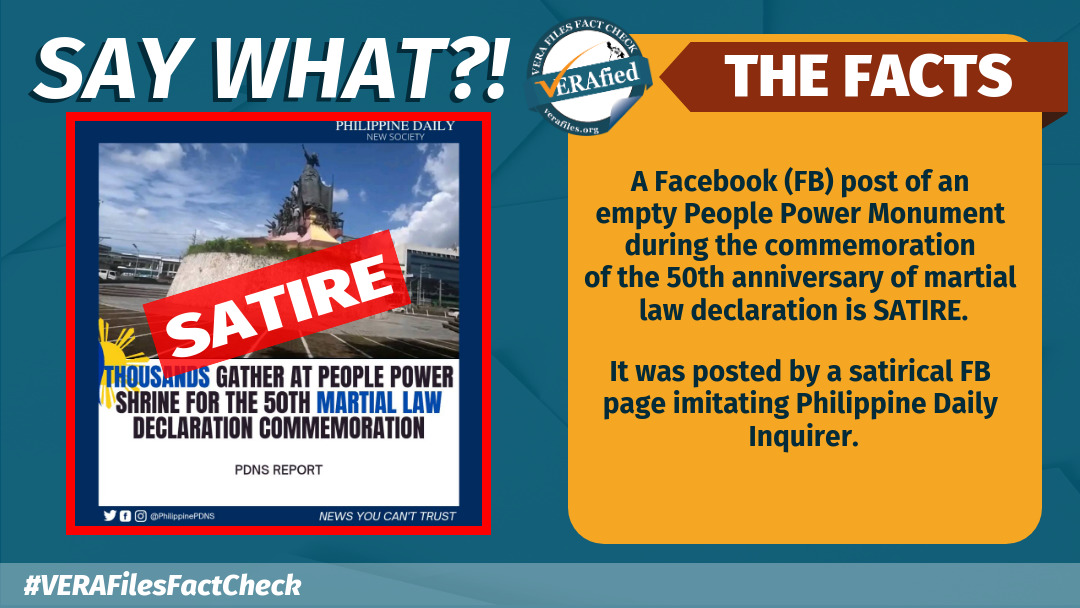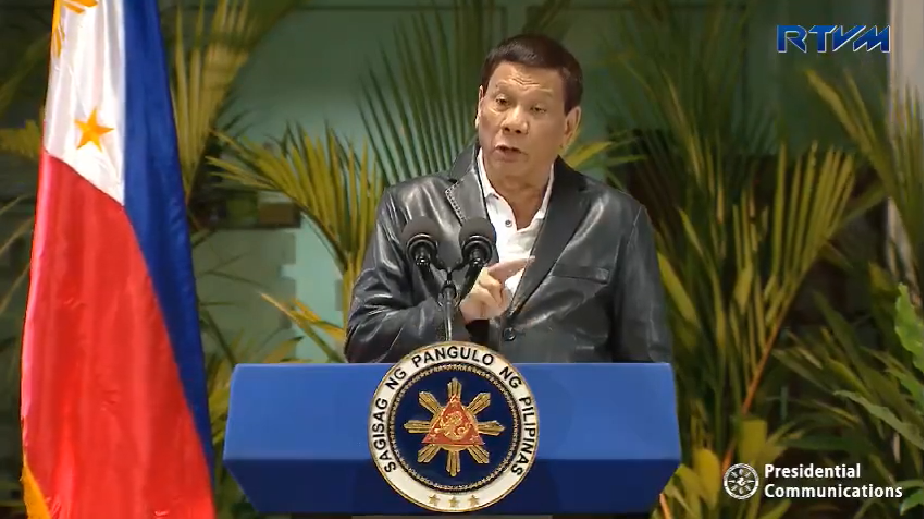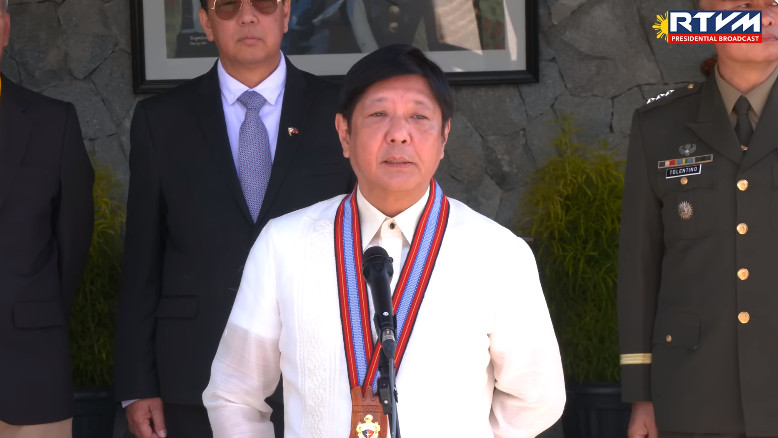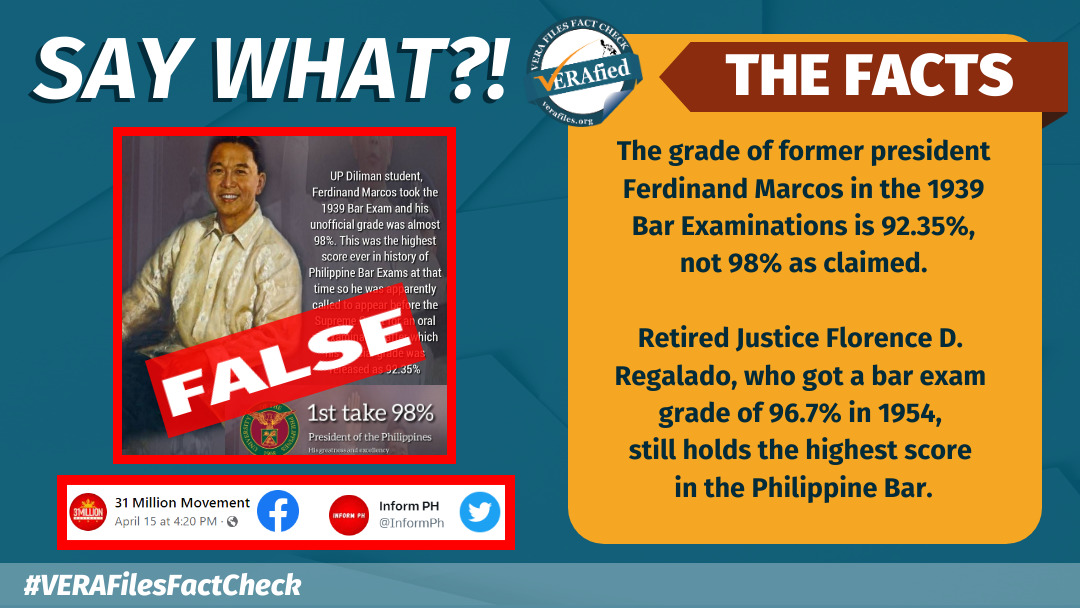The fight against lies is an uphill battle. But someone has to do it.
As the Marcos family and their supporters ramp up the propagation of myths that distort history, scholars from the University of the Philippines (UP) Diliman are using the results of their search for truth and sharing it with the public.
Joel Ariate Jr., Miguel Paolo Reyes, and Larah Del Mundo – all researchers from the UP Third World Studies Center under the Marcos Regime Research (MRR) program – labored long and hard to counter the “unabated tide” of historical revisionism propping the late Ferdinand Marcos, Sr., and his family.
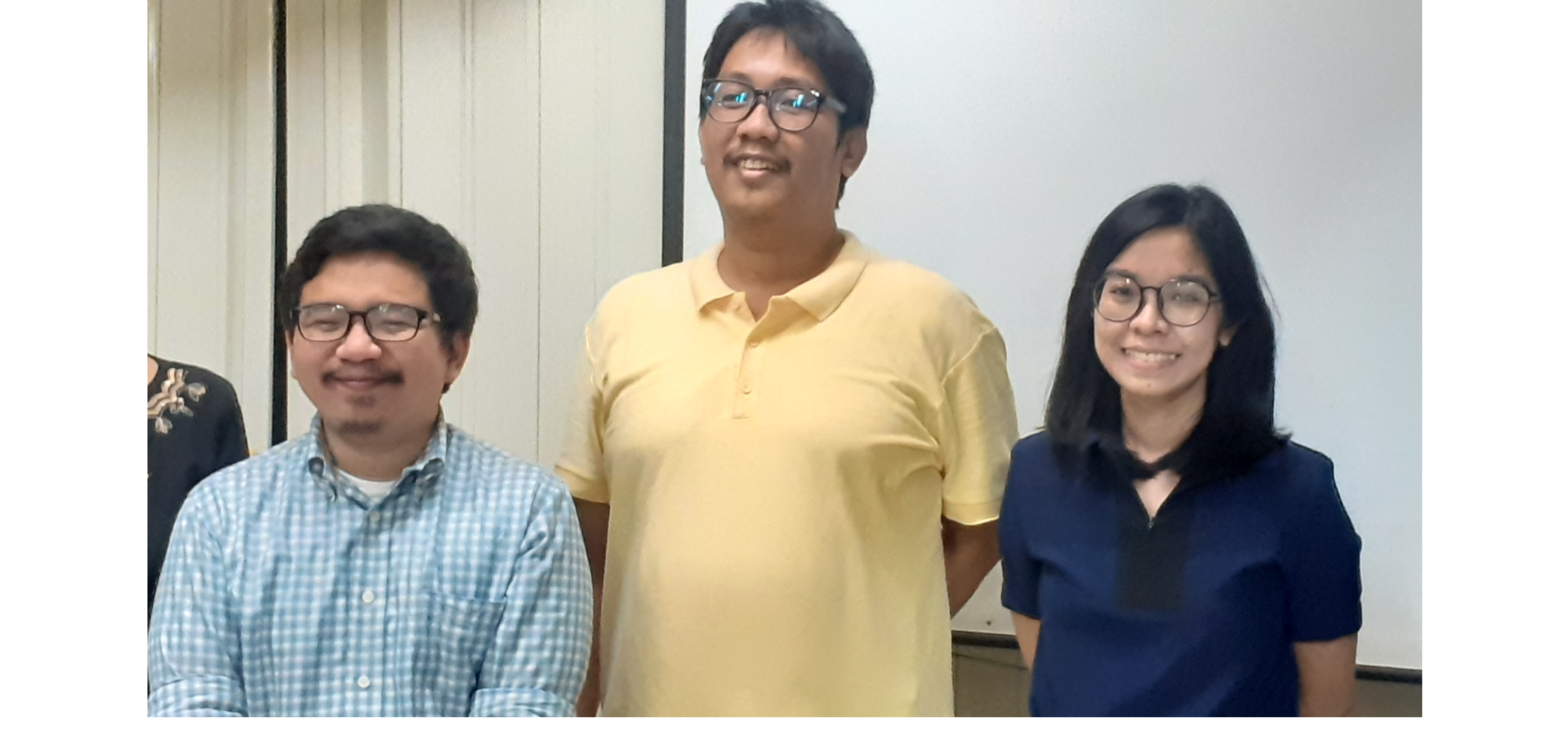
Their book – “Marcos Lies” – had its soft launching at the UP Palma Hall on Sept. 23, the exact date when Martial Law, declared 50 years ago, was first implemented.
“We’re releasing this not just for information … we’re hoping that what’s contained in this book will be transformed into something that can be better distributed, to be more accessible,” Reyes told the limited number of audience who attended the event.
“Marcos Lies” is a compilation of 31 essays, painstakingly researched and written by the MRR researchers in the last six years.
The articles provide a look at how members of the Marcos family, led by its patriarch and late dictator Ferdinand Sr., built their image by projecting imagined glories to Filipinos throughout the last 70 years, as well as the “people who knew the truth but have chosen to be silent.”
VERA Files previously published almost all the essays in the book.
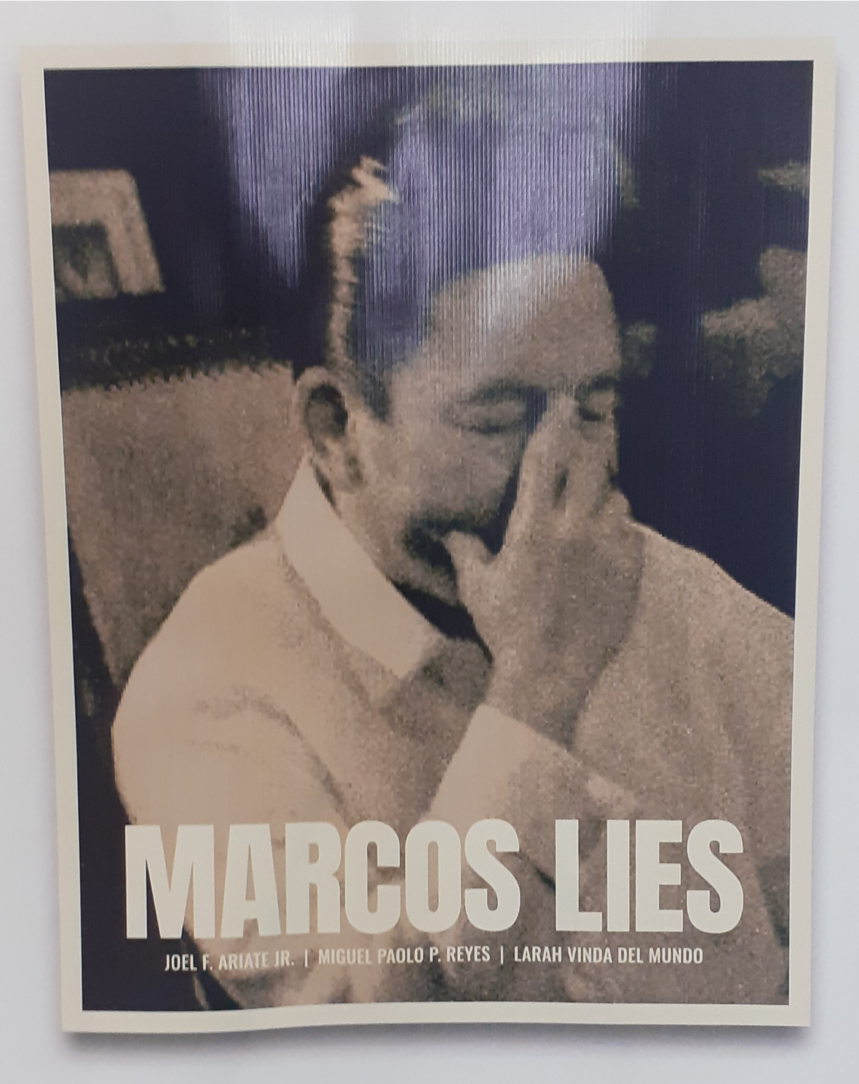
While the target to release the full copy of the book — both print and online versions — is by October, the first five chapters are accessible via diktadura.upd.edu.ph, a website launched simultaneously during the soft-launch of the book. If the website domain is inaccessible, for now, due to technical maintenance, Ariate urged readers to visit diktadura.com in the meantime.
Designed as an interactive website, diktadura.upd.edu.ph is a trove of collections of various documents about the Marcos family, the Marcos Sr. regime and martial law, among others. Researchers said it complements the “Marcos Lies” book and other printed output of the project.
UP political science professor Teresa Encarnacion Tadem, one of three experts invited by the researchers to review the book, said at this time, there is the twin challenge of knowing what is true and thwarting the lies.
“A big challenge confronted by this, as the book highlights, is the difficulty of knowing the truth and worse how to counteract all the lies that were being propagated by the dictatorship.”
Tadem, a former director from 2004 to 2010 of the TWSC, added, “This was epitomized in the Marcos declaration of martial law as seen in the chapter on how Marcos kept his martial law plans secret.”
Tadem noted the book thoroughly covered the lies spread by the Marcoses, led by the late strongman. These include his “fake war medal” during World War 2, which he used to boost his political career, and the cover-up of his health condition during his dire last years in Malacañang until the 1986 ouster.
The researchers also debunked and contextualized the supposed achievements of the Marcos Sr. administration, among them programs like the Nutribun, Masagana 99 and Kadiwa.
Other myths featured in “Marcos Lies” are the controversial academic attainments of two of Ferdinand Sr.’s children, Sen. Imee Marcos and his namesake and only son, President Bongbong Marcos.
Veteran journalist Luz Rimban, one of VERA Files founders, lauded the authors for their enthusiasm to “grab” every opportunity to write about the Marcoses.
Rimban, like Tadem, was also invited to review the book, along with another former TWSC director, Ricardo Jose.
Citing the significance of the launch date coinciding with the 50th anniversary of the declaration of Martial Law, Rimban said the book effectively showed that what needs to be remembered are not only human rights abuses during the Marcos years, but also their machinery of disinformation.
“Yes, definitely, we should continue to remember those atrocities. But we must not also forget the fakery and disinformation that went back much further in time to probably 1947, 1949 when he [Ferdinand Sr.] first ran for office,” she said.
Rimban added: “So the disinformation goes back seven decades … And this is something we must never forget. Because Marcos’ political career, martial law, his son’s political career, were all based on lies and disinformation … So everything is a lie.”
The MMR researchers said they had to sift through voluminous documentary sources such as digitized records from the Presidential Commission on Good Government and the defunct National Media Production Center. Online archives of news reports and diplomatic cables, transcripts of congressional investigations and data, also served as valuable sources.
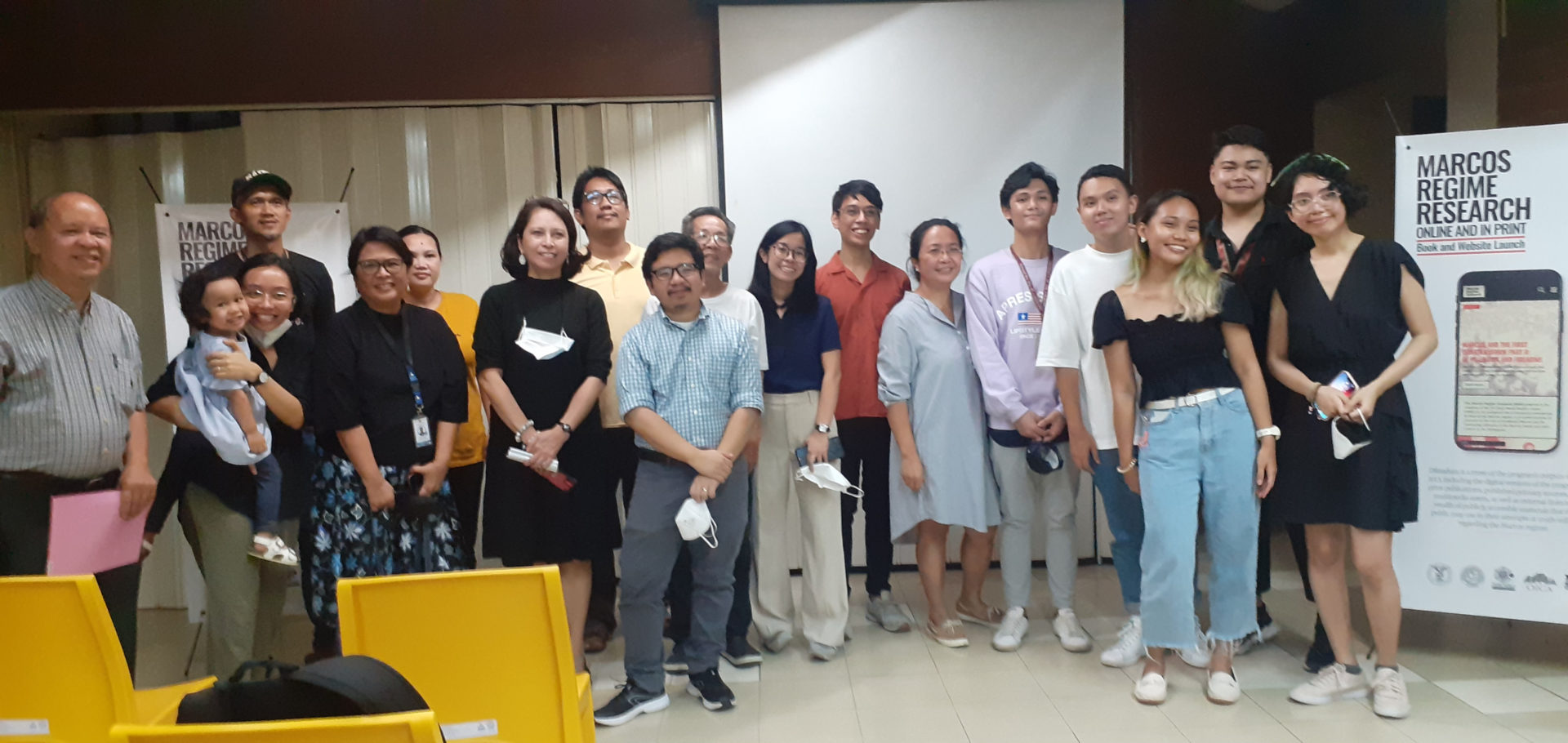
“To prove the lies, we relied on documentary sources, much of which remain untapped … that when put together offer a clear view of the truth that the Marcoses have either hidden or twisted,” they said.
Aside from using legitimate sources, Reyes said that they also referenced Marcos propaganda materials in the book like the “For Every Tear a Victory” by Hartzell Spence and Marcos Sr.’s self-authored book “Progress and Martial Law.”
“Kaya rin naman ginagamit para sana mapakita iyong konteksto na ito ay propaganda … Mga vlogger, sometimes, they’re starting also to reference itong mga librong ito. Kung hindi kritikal ang pagbasa mo, tatanggapin mo na lang lahat ng sinasabi,” he said.
(That’s why we used these materials to show the context that those were propaganda … Vloggers, sometimes, they’re also starting to reference these books. If you are not critical, you will simply accept everything said.)
